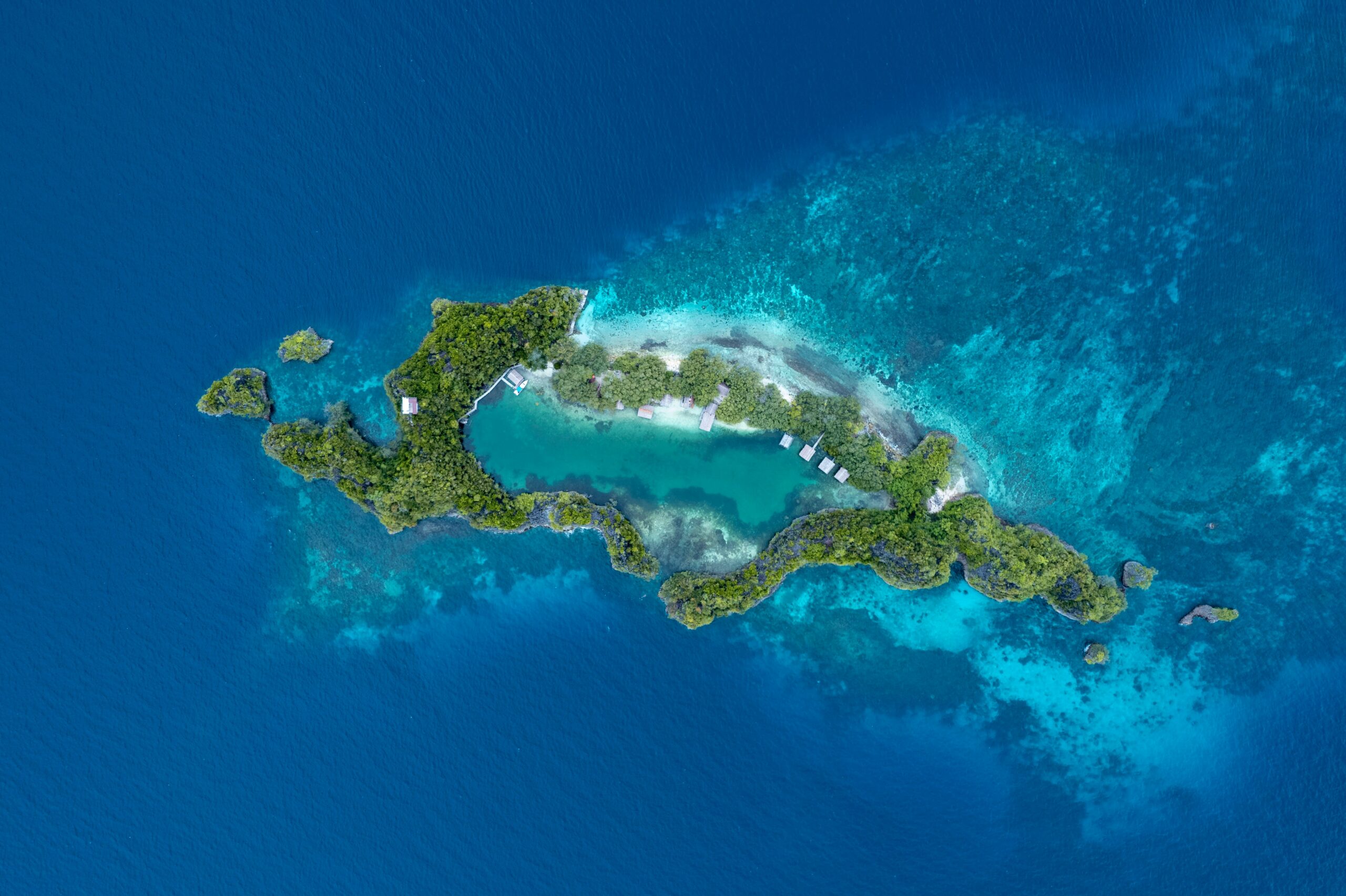Photo by Ernests Vaga
The International Court of Justice has delivered a landmark ruling protecting the maritime borders and sovereignty of small island nations facing existential threats from sea level rise.
In a unanimous advisory opinion issued on 23 July 2025, the UN’s highest court concluded that rising sea levels caused by climate change do not require countries to redraw their maritime borders. The court also found that if a country’s landmass were completely submerged, “the disappearance of one of its constituent elements would not necessarily entail loss of statehood.”
Victory for vulnerable nations
Small island nations are hailing the decision as a victory against threats to their sovereignty and economic survival.
Angelique Pouponneau, an environmental lawyer from Seychelles and lead negotiator for the Alliance of Small Island States, explained the stakes: “Inevitably, our economies are entirely dependent … on this ocean space. Can you imagine you once had exclusive rights, and then … everybody’s actually able to have access to all the resources that you had exclusive rights to?”
The concern centred on exclusive economic zones extending 200 nautical miles from coastlines, which provide exclusive rights to marine resources. The 1982 UN Convention on the Law of the Sea makes no mention of sea level rise, creating legal uncertainty as coastlines retreat.
Legal framework clarified
The ICJ clarified that nations are “under no obligation to update charts or lists of geographical co-ordinates” due to sea level rise. This means legal rights over maritime zones remain protected even as coastlines retreat.
The nations most impacted include Pacific and Caribbean archipelagos, plus island nations in Asia and Africa. The Solomon Islands has already lost five reef islands to sea level rise.
The ruling forms part of a broader 133-page advisory opinion on climate obligations, supported by 132 UN Member States. The unanimous decision – only the fifth in the court’s nearly 88-year history – provides crucial legal stability for the world’s most climate-vulnerable nations.
